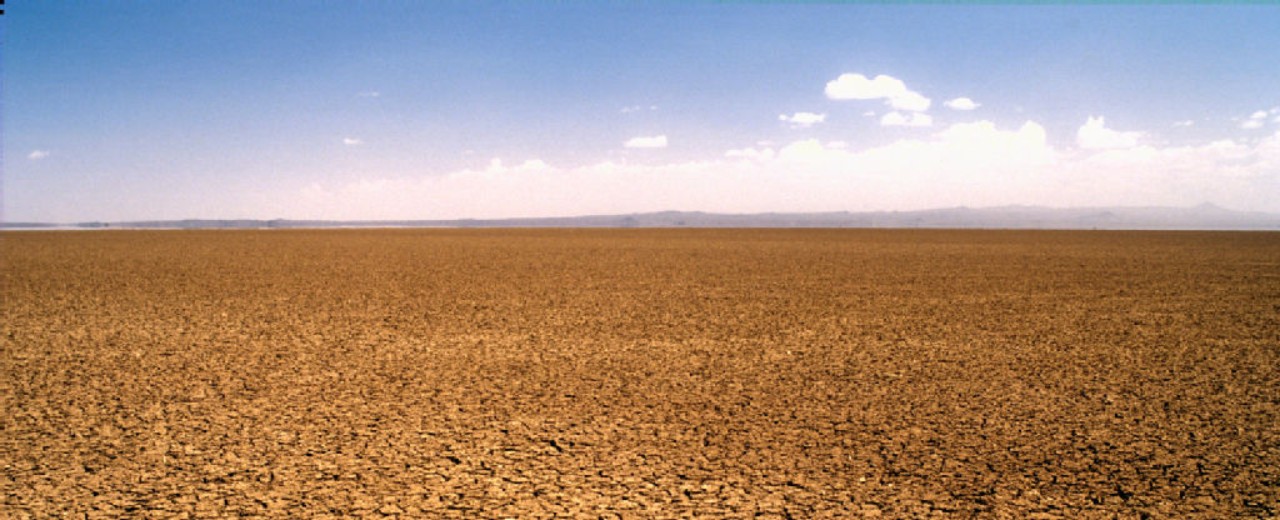Tip: Activate javascript to be able to use all functions of our website
As of: 06/2023
The consequences of climate change can be felt everywhere: As the new report from the Intergovernmental Panel on Climate Change shows, extreme weather conditions such as storms, droughts and floods are increasing worldwide. These kinds of disasters can plunge the countries of the Global South, in particular, into economic hardship and people into deep poverty. The InsuResilience Investment Funds (IIFs) initiated by KfW Development Bank on behalf of the Federal Ministry for Economic Cooperation and Development (BMZ) support adaptation to climate change.
The IIFs invest in companies in the insurance industry to expand access to climate risk insurance in developing countries. Digital methods play a major role here, for example, when weather models for insurance offers are prepared and modelled, when weather stations collect and forward climate data, insurance policies are distributed via digital channels, and weather information is prepared for the target groups.
Climate change is hitting developing countries in Asia, Africa and Latin America particularly hard. The extreme weather conditions there are usually very intense and often affect vulnerable infrastructure and a poor population. When bridges or roads are flooded or destroyed, a country’s economy suffers and sustainable development is barely possible. When the harvest is destroyed by drought and the farmers’ livestock drowns, people often face existential crises. They have lost almost all their belongings. Then savings have to be used up or the children even have to leave school. As a result, international climate negotiations often discuss loss and damage caused by climate change, with developed countries being the main contributors to climate change and developing countries bearing the brunt of the impacts.
As part of the G7, under German presidency in 2015 and 2022, Germany made a significant contribution to intensively discussing the issue of damage caused by climate change and strengthening the resilience of poor and vulnerable populations through the InsuResilience Global Partnership and now the “Global Shield against Climate Risks”.

As part of the InsuResilience Global Partnership, the “InsuResilience Investment Fund” strategy has been the building block that leverages private sector investment in national insurance markets since 2015. The strategy’s two funds promote the provision of climate risk insurance in countries where it was previously unavailable or barely available. National insurance companies or financial institutions are supported in including corresponding insurance policies in their range and thus protecting customers in the event of a catastrophe.
The aim is for governments, companies and the people affected to be able to react more quickly to disasters and to remedy the damage quickly. Governments can, for example, quickly repair damaged bridges and roads, rebuild companies, shops or factories, and quickly buy new seed for farmers. This significantly reduces vulnerability due to climate change and the associated extreme weather, as well as limiting economic and social damage.
The project companies use modern digitalisation methods. Automated weather stations and satellites collect data on rainfall and wind strength. They provide information on temperature fluctuations or the course of tropical storms and hurricanes. Computer-based models of the expected course of storms even make it possible for people to receive insurance payments before the disaster even occurs. For example, they can secure buildings at an early stage or take themselves, their families and livestock to safe areas from impending flooding.
By the end of 2022, both funds had invested equity of around USD 76 million and loans of around USD 174 million in 31 companies on four continents. Around 34 million people have benefited from this so far. By the end of 2025, the number of beneficiaries is expected to increase to 90 to 140 million.
The funds work on all continents. Through an investment in the Asian insurtech firm Igloo, a nationwide agricultural insurance system in Vietnam will be set up in cooperation with state actors. The programme will be scientifically supported in order to benefit from the experience gained in setting up further climate insurance programmes in the region. In Nigeria, the oldest insurance company in the country, Royal Exchange, is being supported in increasingly shifting the focus from oil and gas insurance to agricultural and climate insurance schemes. The fund companies are investing heavily in digital methods during this process. In India, for example, the infrastructure for measuring weather data is being expanded, primarily through automatic weather stations.
In Pakistan, farmers can finance the purchase of livestock more easily with the help of a local microfinance institution supported by the IIF by linking microloans taken out with climate risk insurance. The insured persons are compensated if their livestock die due to extreme weather conditions. The principle has already proven itself. In August 2022, the insurance covered damage caused by flooding for more than 1,200 people.
At the financial level, the funds are characterised by the mobilisation of additional private capital. More than one third of the contributed or committed capital comes from private investors who would hardly have ventured into the underdeveloped insurance markets in developing countries without the use of public funds by KfW and other donors.
The project contributes to the achievement of these following United Nations Sustainable Development Goals:
KfW Group
KfW Development Bank
Share page
To share the content of this page with your network, click on one of the icons below.
Note on data protection: When you share content, your personal data is transferred to the selected network.
Data protection
Alternatively, you can also copy the short link: https://www.kfw-entwicklungsbank.de/s/enzBxccp
Copy link Link copied